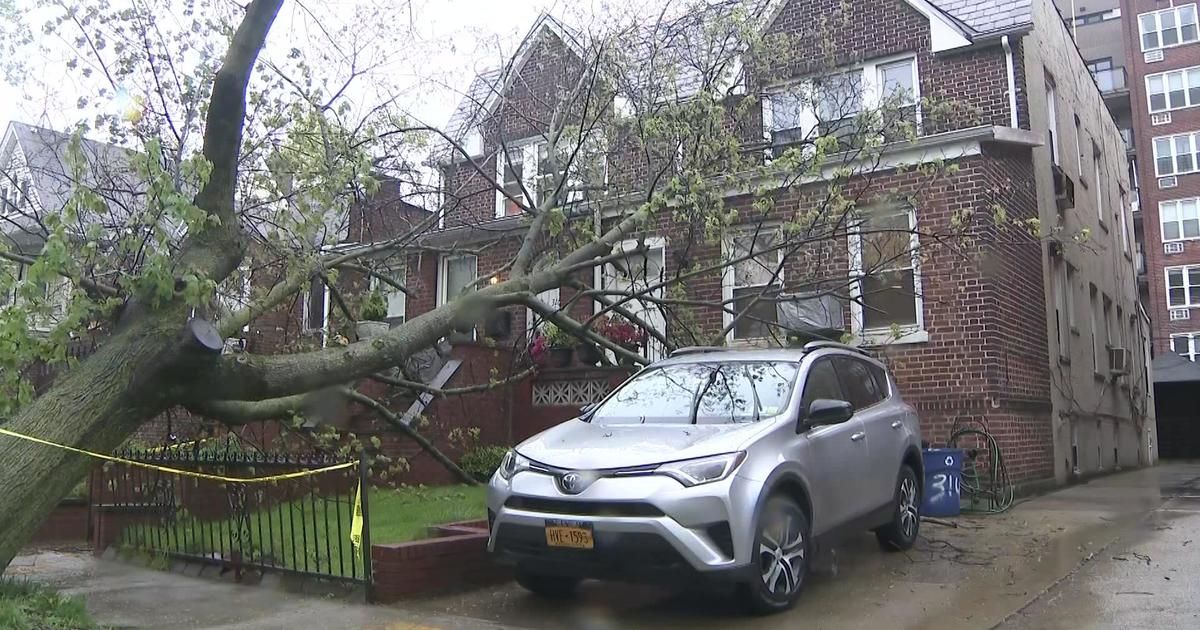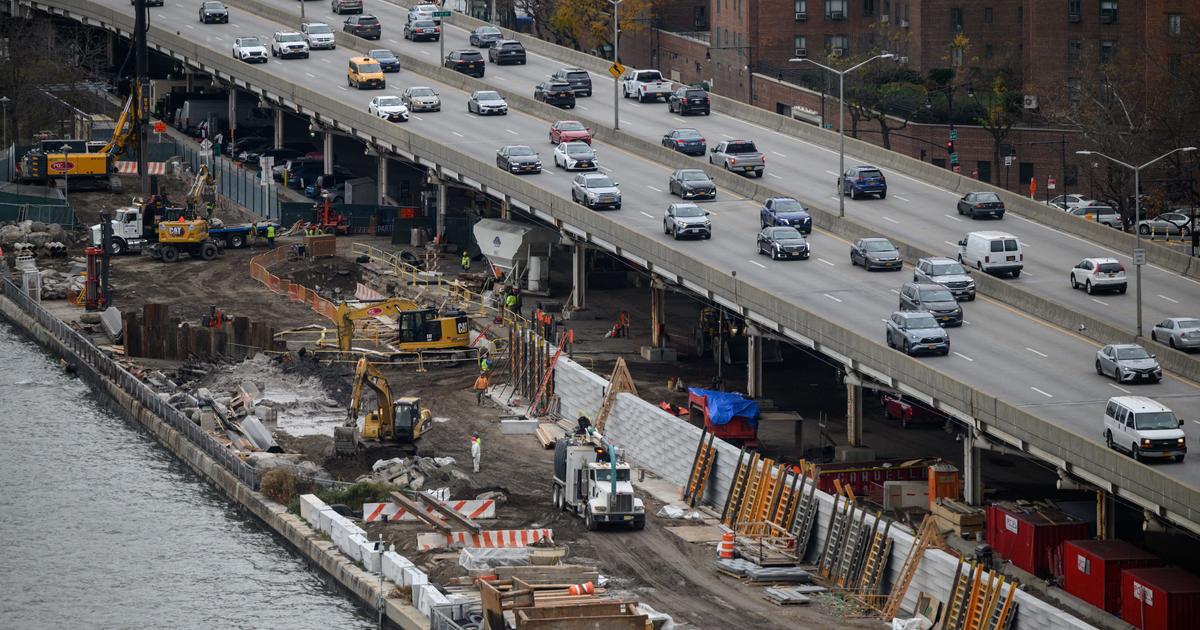Experts: Treatment Must Improve For Heroin, Opioid Abuse
NEW YORK (CBSNewYork) -- The opioid addiction crisis is claiming lives around the country, and the Tri-State Area has been hit particularly hard.
Reporter Rebecca Granet put together an eight-part series on the heroin epidemic for 1010 WINS. She shared her thoughts on the crisis with Richard Rose on "Exit 10/55" Sunday.
READ: Generation 'H': 1010 WINS Investigates The Heroin Epidemic
"It is one of the most pervasive and honestly dangerous that I think that we're facing in society today," Granet said. "Nothing could have really prepared me and you know, everyone for going out on this journey. We took a 125-mile drive over the course of several weeks, from Toms River, New Jersey all the way up to Long Island, and what we found – the main takeaway, I think – was that heroin is everywhere. It's in the neighborhoods that we call home, and it's affecting people that you may have never expected."
Granet said the need to leverage resources is greater than ever.
Earlier this month, Gov. Andrew Cuomo announced the launch of a statewide heroin task force to fight the heroin and opioid crisis in New York state. According to state health figures, overdoses claimed nearly 6,000 lives between 2010 and 2014 -- up 47 percent.
State lawmakers are putting together bills that will bolster education, prevention and recovery. State Sen. David Carlucci, D-Rockland County, said he backs court mandated treatment.
"It is, of course, controversial because you are mandating treatment, however, I've talked with too many parents that just had no options," Carlucci told WCBS 880's Sean Adams. "We've seen this done in other states, and we've seen it to be successful."
Dr. Jeffrey Reynolds, president and chief executive officer of the Family and Children's Association, said the most important priority is to "fill the gaps in the continuum of prevention, treatment and recovery."
"So many folks are dying, because at every step along the way – whether it's education in schools, whether it's access to treatment, whether it's supporting young people who find a path to recovery – there are deficiencies all along the way," Reynolds said. "We are woefully unprepared for the onslaught of overdoses that we're seeing. These are all preventable deaths."
Also on "Exit 10/55," Warren Zysman of ACI Rehab said "competing public policy" on opioid abuse is a problem.
"I think there's competing public policy on this," Zysman said. "From a position perspective, (opioid painkillers) treat pain, based on what a patient reports. In terms of a drug treatment perspective, we see that many of these folks who were reporting maybe higher pain than what they are actually experiencing are addicted, because these drugs are very addictive substances."
Physicians will go on to cut off a patient who is abusing opioid pain medication, and if that person does not receive treatment, he or she is likely to turn to street drugs, Zysman said.
"Pain medicine like oxycodone is $25 a pill, and heroin is only $5 a bag, and so they're going with the less effective option," he said.
Reynolds noted that opioids were designed for chronic pain, and not for the long-term maintenance of short term pain. He said restricting the supply of opioids is necessary and comes from law enforcement, but reducing demand by making treatment available is also necessary and "we're not doing a good job of that."



